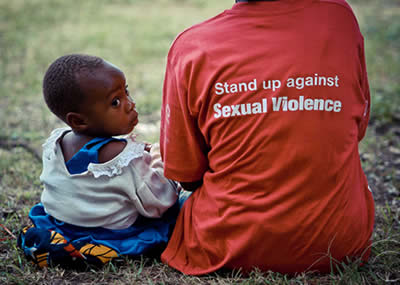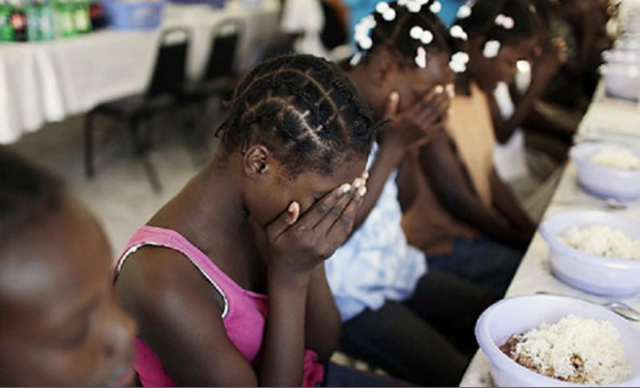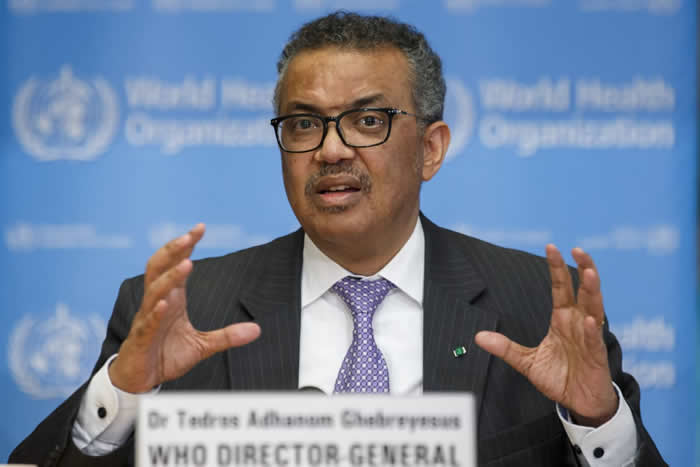Halting workplace sexual abuses; The Life Story Of a Domestic Worker
- Home
- Halting workplace sexual abuses; The Life Story Of a Domestic Worker

Halting workplace sexual abuses; The Life Story Of a Domestic Worker
 Twenty-two-year-old Adwoa Ankoma (not her real name) migrated to Accra from Dunkwa in the Central Region in search of a job.
Twenty-two-year-old Adwoa Ankoma (not her real name) migrated to Accra from Dunkwa in the Central Region in search of a job.
She is a good cook and preparing varieties of Indian dishes is one of her specialties.
As a well-cultured young lady who had to drop out of school to work to support the treatment of her ailing mother and fund the education of her two younger siblings, she was poised and focused on working hard to make ends meet and, especially, to carve a niche for herself in the hospitality industry.
Thankfully, Adwoa found a job with an Indian family, to which she gave her all.
Her virtue of paying attention to detail and the ability to grasp new skills with minimum supervision from her Madam, Rajanthi Khatri (not the real name), made her an asset to the Khatri family. Her job description was to prepare two kids ready for school every morning and fix breakfast, lunch and supper.
“My day is always very hectic.
I am the first to wake up at 3 a.m. and the last to sleep at 11 p.m. Sometimes I feel like giving up the work but in the interest of my family and my future aspirations, I endured,” she told the Ghana News Agency (GNA) in an interview.
Although her daily wage was GH¢8.00, which is below the National Minimum Wage of GH¢10.56, she could not press for an increase because she was in dire need of an income to support her family.
Ordeal
Mr Thomas Khatri, the husband of Madam Rajanthi, became fond of Adwoa due to her hard work and perfectionism.
At a point this admiration got to a different level when Mr Khatri started making advances that were suggestive of intimacy towards the young lady.
“He could not take his eyes off me and often made advances that I was so uncomfortable with, sometimes to the extent of touching my body at sensitive parts,” Adwoa said.
As a result of Adowa not yielding to Mr Khatri’s romantic advances, he suddenly began to find faults with her work and sometimes abused her verbally and physically.
“I could not tell my madam about what her husband was doing for the fear of losing my job, which was my daily bread.
My madam suspected her husband’s actions and caught him in the act one day, which ended up in a hot exchange,” she said.
Madam Rajanthi, however, told Adwoa that she had to sack her because she was a threat to her marriage.
“I cannot share my husband with any other person, and definitely not in my own house,” she said.
The unfortunate part of Adwoa’s woes was that her engagement with the Khatri family was not formalised as she was unaware of the fact that her work engagement required a contract to be signed under the law, which entitled her to certain conditions of service, as well as protecting her from other maltreatments, including wrongful dismissal.
Adwoa’s encounter is similar to the accounts of many domestic workers in the country, majority of whom are women and are breadwinners, breaking their backs to make some income.
Laws
Meanwhile, there are a number of national laws and international labour standards, including the International Labour Organisation (ILO) Convention No.189 on Decent work for domestic workers, (Article 5), which deals with effective protection against all forms of abuse, harassment and violence.
Labour laws in Ghana state sexual harassment as an offence. Generally, domestic workers in Ghana, like all workers, are protected by the 2003 Ghana Labour Act and can, therefore, benefit from employment contracts with details on conditions of service and how to seek redress as an employee.
However, statistics from the Domestic Violence and Victim Support Unit (DOVVSU) of the Ghana Police Service show that of the 30,408 assault cases reported nationally between 2011 and 2016, almost but not all the victims are women.
For example, out of 1,298 rape cases reported in 2014, eight of the victims were males.
These offences are everyday occurrences and even a higher number of such cases go unreported.
Violence against women and girls is a major infringement on human rights. It has become a major barrier to women who strive to earn a living and also enjoy their rights and freedoms on the basis of equality.
Gender-based violence
Gender-based violence against women and girls also has a huge economic price tag. There is the need to address the structural barriers that hinder vulnerable women both in the formal and informal economies, as well as urban and rural areas from fully enjoying their economic security and bodily integrity.
ActionAid has over the years implemented the Young Urban Women’s Project to enable marginalised young women to assert their economic and bodily rights across three cities in Ghana.
Ms Margret Brew-Ward, the Advocacy and Campaigns Manager of ActionAid Ghana, says the programme, which is in its third phase, has supported young urban women to enhance their skills to challenge the inequality they face and demand accountability at various levels to ensure they enjoy their rights and adhere to their responsibilities.
She categorised the case of Adwoa as falling under Economic Rights violations, as well as sexual abuse or harassment emanating from employer-employee relationship.
It is, therefore, not farfetched that ActionAid Ghana, in collaboration with partners at a national forum on “Sexual and Economic Exploitation of Young Urban Women in Informal Work Spaces”, called on the government to ratify the ILO Convention 189, pass the Domestic Workers Bill into law and put in place more measures to ensure the implementation of provisions of the Labour Law in the informal work spaces.
By Yaw Ansah
Source: GNA
Classic Ghana
Classic Ghana brings you into a fun world of arts, entertainment, fashion, beauty, photography, culture and all things in between. Let’s explore these together!


